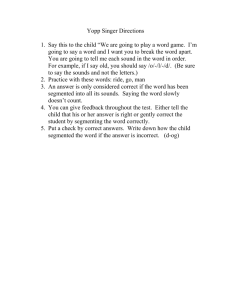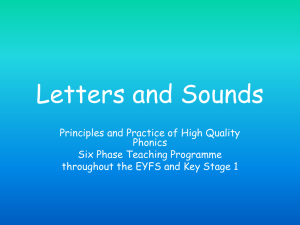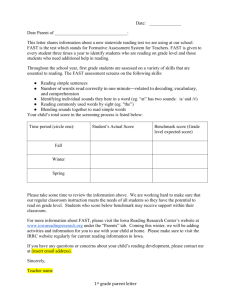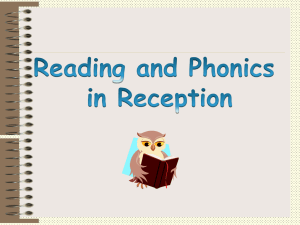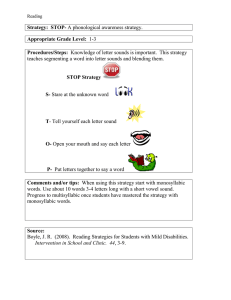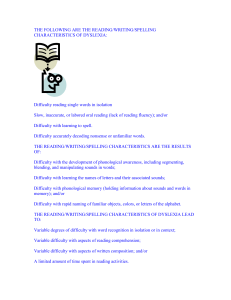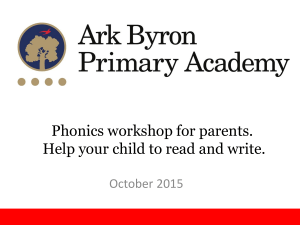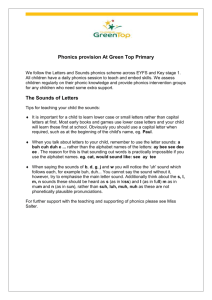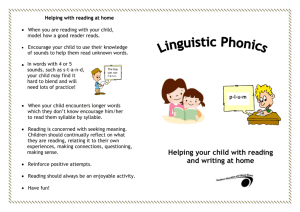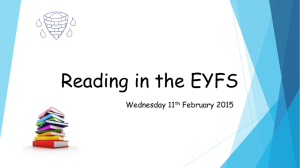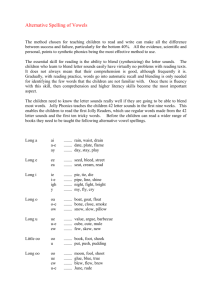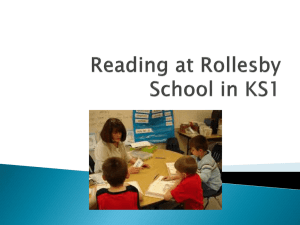How to help at home - Stafford Leys Primary School
advertisement
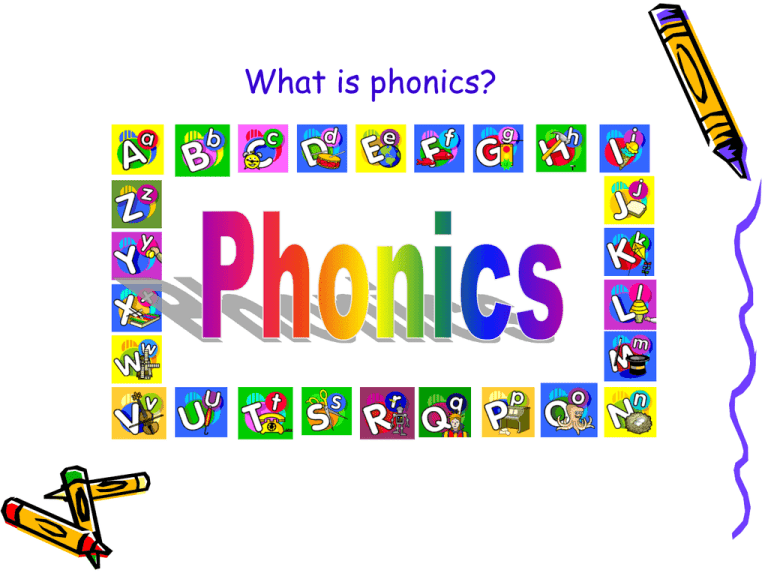
What is phonics? Two main elements Blending Recognising the letter sounds in a written word, for example c-u-p, and merging or synthesising them in the order in which they are written to pronounce the word ‘cup’ Segmenting Identifying the individual sounds in a spoken word (e.g. h-i-m) and writing down or manipulating letters for each sound to form the word ‘him’ Enunciation • Teaching phonics requires a technical skill in enunciation • Phonemes should be articulated clearly and precisely-please follow the address/link . c http://www.youtube.com/watch?v=PeTO8L3t40 5 basic skills • • • • • Letter sounds Letter formation Blending Segmenting Tricky words Reading together • • • • • • • • • School reading books Reading books from home Library books Newspapers Magazines Comics Cereal packets Game instructions Etc, etc, etc Letter formation • See it: flash cards • Feel it: textured letters (sandpaper, ‘squidgy’ letters, string letters) • Write it: in the air, using paint, using water on the ground, in mud, snow, bath bubbles, sand… Pencil grip • Tripod grip • ‘Froggy legs’ movement Independent writing The children need to know: • The 44 letter sounds • How to hear the sounds in words • One way of writing the letters for the sounds • What they want to say What games can you play at home? • Sound/action/word recognition games • Show your child a sound and ask them to complete the action, say the sound, or give an object that begins with that sound • Turn a set of ‘sound’ cards face up, you complete an action or say a sound and ask your child to find the correct card to match it • Show an object and ask your child to find the beginning sound, or show the action • Quick recall of words that they are shown • Use the words in a sentence. Orally or written • Lots of variety is best Other games to play • • • • • • Spot the sound/letter/word Pairs game Snap Reading words Building words and sentences Letter/word/sentence bingo Parents • Support from home is invaluable in helping your child learn to read and write. • Keep them motivated and excited about learning • Verbal praise and rewards such as stickers, are excellent encouragers • Every child is different and children learn/progress at different rates. • Do not become frustrated – keep going. It will eventually pay off, we promise!!! Thank you for such a great turn-out at the meeting. Have fun with it! Mrs Stuart and Mrs Allison
